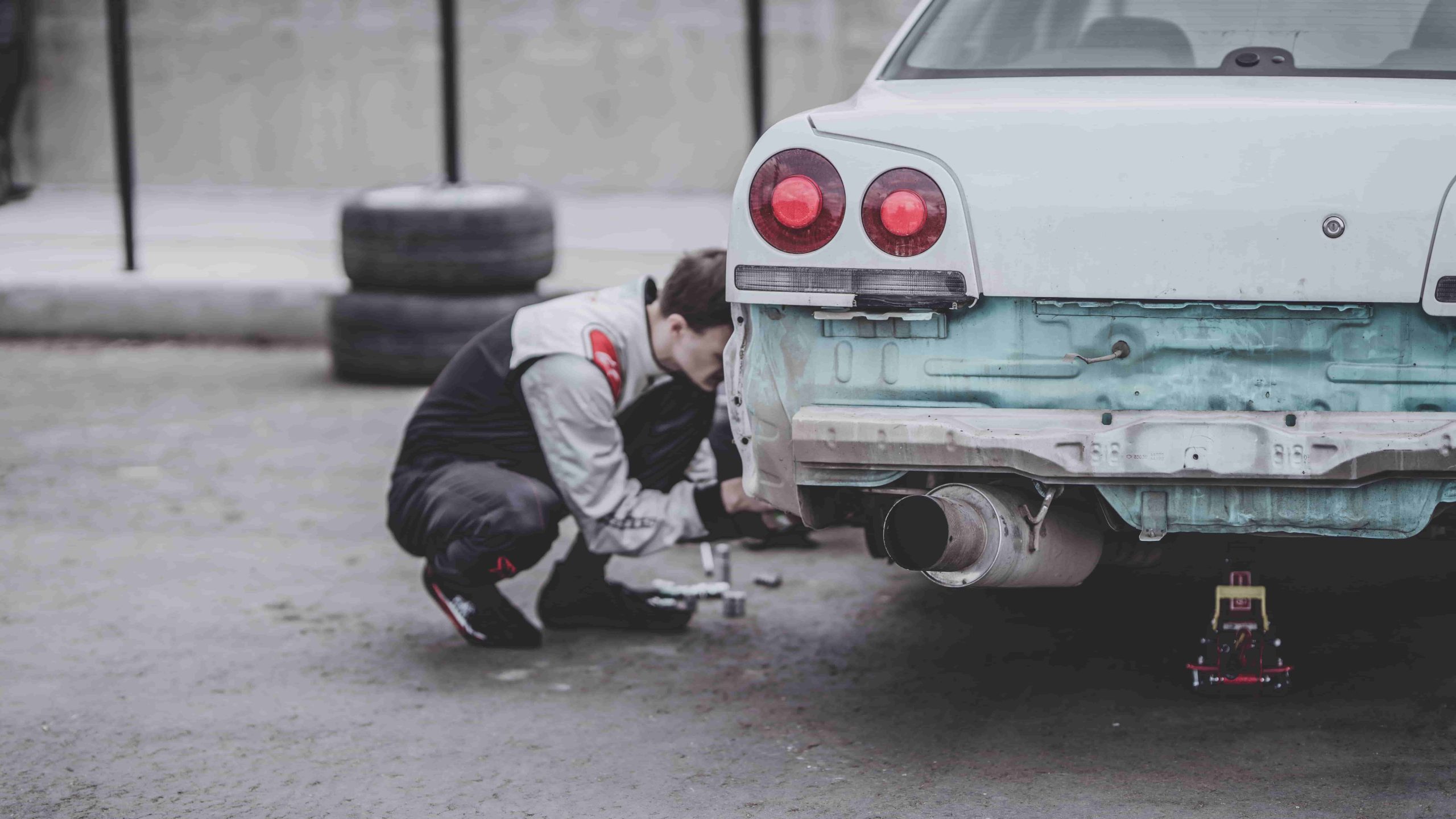Inspecting your car is necessary for the safety and longevity of your vehicle. If you have a car, you would know the importance of regular maintenance, which involves tire rotations and oil changes. But did you know that the inspection of your vehicle is equally important?
If you are wondering why it is so, there are many reasons for it. Those who carry out the inspection of their car from time to time are less likely to look for a nearby mechanic by Googling the queries like “car mechanic near me”.
Inspecting your car is like going to a doctor for a regular checkup. It tells you about the condition of your vehicle, based on which you can figure out if all is well with it. In addition, a vehicle inspection is also mandatory for road safety. It ensures that a car that runs on the road meets all the safety requirements. As such, it will not meet with an accident due to any damage to any of its components.
When it comes to vehicle inspection in Australia, rules may vary from one state to the other. Thus, the vehicle inspection of your car in your region boils down to the vehicle inspection of the region in which you reside. Here’s everything you need to know about it.
What happens during a vehicle inspection?
To begin with, inspection is an essential requirement for your car. So, make sure you conduct it at a government-recognized car inspection center. This will help you ensure that your car is checked as per the requirements.
Here’s what you can expect at the time of the inspection of your vehicle.
1. Verification of ID and the vehicle
The entire vehicle inspection process will begin with the verification of the ownership of your car. You will be asked to furnish documents concerning your identity alongside proof of the ownership of your car. Car registration papers constitute the primary document for the verification of the ownership of a vehicle in Australia. It consists of the key details of a car, such as its VIN and its model.
2. Preliminary inspection
At this stage, a mechanic conducts a basic inspection of a car before examining all its components with a critical eye to check 4wd wheel alignment and other aspects. During a preliminary assessment, a mechanic will focus on the engine of your car. They will try to determine if its functioning is smooth. Next, they will document the reading of the odometer before proceeding to the next step.
3. Physical examination
A physical examination during vehicle inspection helps determine the possibility of any internal damage in a car. At the time of doing a physical examination of your car, an expert looks for signs of physical damage. They will do it to ensure that there is no internal damage to your car.
Usually, mechanics maintain a checklist featuring the following components of a car:
- Gearstick
- Steering wheel
- Windows
- Doors
- Tyres
- Fenders
- Taillights
- Windshields
- Mirrors
At the time of car inspection service, a mechanic examines all the above-mentioned components in detail with great care. They look for loose fittings, leaks, cracks, and scratches in these components. Based on the durability of these parts, they assess the lifespan of the car. If necessary, they may also suggest a car service shop in Perth or elsewhere in Australia based on your location.
4. Internal damages
Some damages in your car may not be visible on the surface. Such damages constitute internal issues in a car. These include the following:
- Damaged internal parts
- Internal wiring trouble
- Moisture-induced damage
At the inspection center, your car will be checked for all these damages. As far as the evaluation for internal damages is concerned, it can be either manual or visual.
If mechanics at the inspection center find that the degree of internal damage in your car is serious, they may also take out its components. They may suggest you a car engine repair if they find it necessary.
Final thoughts
Vehicle inspection is the inspection of all the components of a vehicle to determine its safety before it starts running on roads. It is a thorough inspection that reveals its condition. When it comes to the inspection of a car, it is a necessity both for its owner and others on the road. It helps in keeping a car in operational condition and minimizes the possibility of meeting an accident when it runs on roads.
From the standpoint of car owners, a car inspection helps avoid abrupt and costly repairs. For best results, it is recommended that you take your car for an inspection every 3-6 months in a year. Alongside timely maintenance, it will keep your car up and running all the time.
